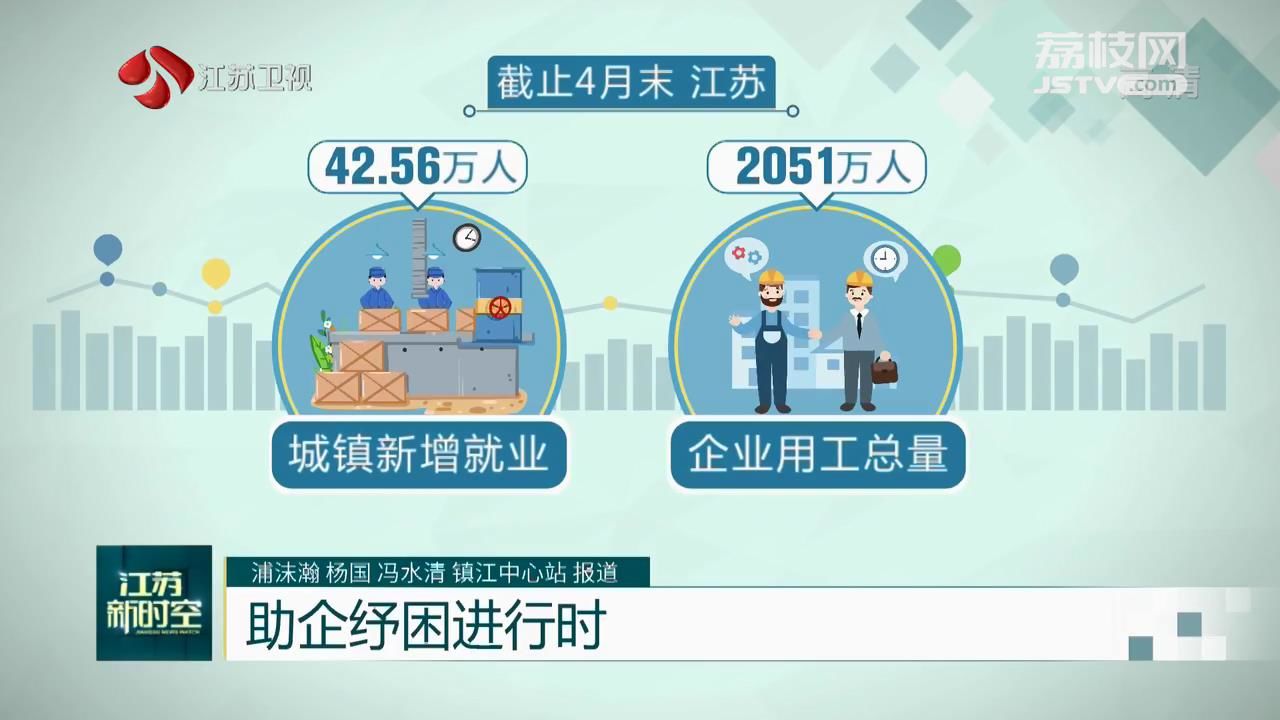East China’s Jiangsu province has introduced policies and measures since the beginning of this year to help enterprises stabilize their workforce, expand their employment scale, and create a stable and predictable development environment for sustained growth against the impact of the epidemic.

The epidemic control measures have led to travel difficulties, and some companies have encountered difficulties in recruiting workers. Jiangsu has arranged for companies to charter cars to hire laborers in other places, establish a recruitment and adjustment mechanism to help companies resume work as soon as possible, and build a 24-hour offline and online recruitment platform to help enterprises resume production.

Zhou Xiang, Senior Director of Human Resources, Nanjing High Speed Gear Manufacturing Co., Ltd.
Jiangsu also organizes skills training for new employees to promote production. Aerji New Energy (Nanjing) Co., Ltd.,a Korean-owned manufacturing enterprise,has recruited more than 700 new employees. With policy support, the company arranged pre-job training for new employees.
The Human Resources and Social Security Department has instructed the enterprise to independently carry out the certification of electrical occupational skill levels, which has promoted the independent training of talents.

Zheng Xiulong, Deputy General Manager of Aerji New Energy (Nanjing) Co., Ltd.
Jiangsu also issued a subsidy of 1 billion yuan to 175,300 enterprises that did not lay off employees or lay off as few workers as possible in order to help enterprises to stabilize the workforce.
At the same time, Jiangsu has provided targeted loans for enterprises with many employees, good job stability, and standardized recruitment. In less than a month, 268 small, medium and micro enterprises were granted 1.108 billion yuan in credit funds.

Zhang Zhairong, Deputy General Manager of Jiangsu Jinhaixing Navigation Technology Co., Ltd.

By the end of April, Jiangsu had reduced corporate unemployment and work-related injury insurance premiums by 5.2 billion yuan. 425.6 thousand new jobs were created in cities and towns, and 20.51 million people were employed by enterprises across the province, effectively supporting the smooth operation of the economy.





